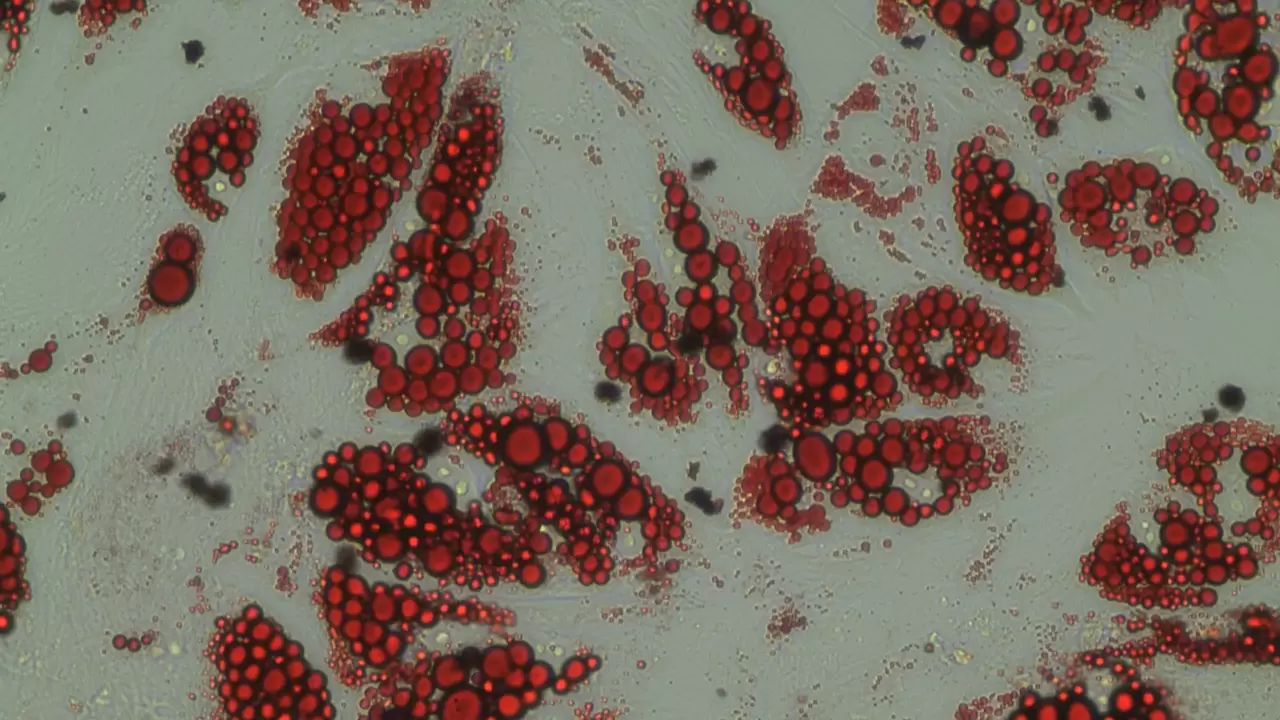The team’s experiments involved exposing brown fat cells to intense stress to cause them to die. The scientists found that these cells secrete large amounts of the purine molecule inosine, which in turn stimulates energy expenditure in neighboring, healthy brown fat cells. Mice on the high-fat diet treated with inosine remained leaner than control mice and also changed from brown fat to white fat.
The scientists traced these effects to a protein in the cell membrane that transports inosine into the cell, reducing its concentration outside the cell, thereby weakening the molecule’s beneficial effect on energy expenditure. About two to four percent of people have genetic abnormalities that reduce the activity of this inosine transporter, and scientists studying these effects through genetic analysis of 900 people have found some details — subjects who, on average, have a less active carrier are significantly leaner.
Drugs acting on this mechanism could be used to treat obesity, although more research is needed.
Source: Ferra










